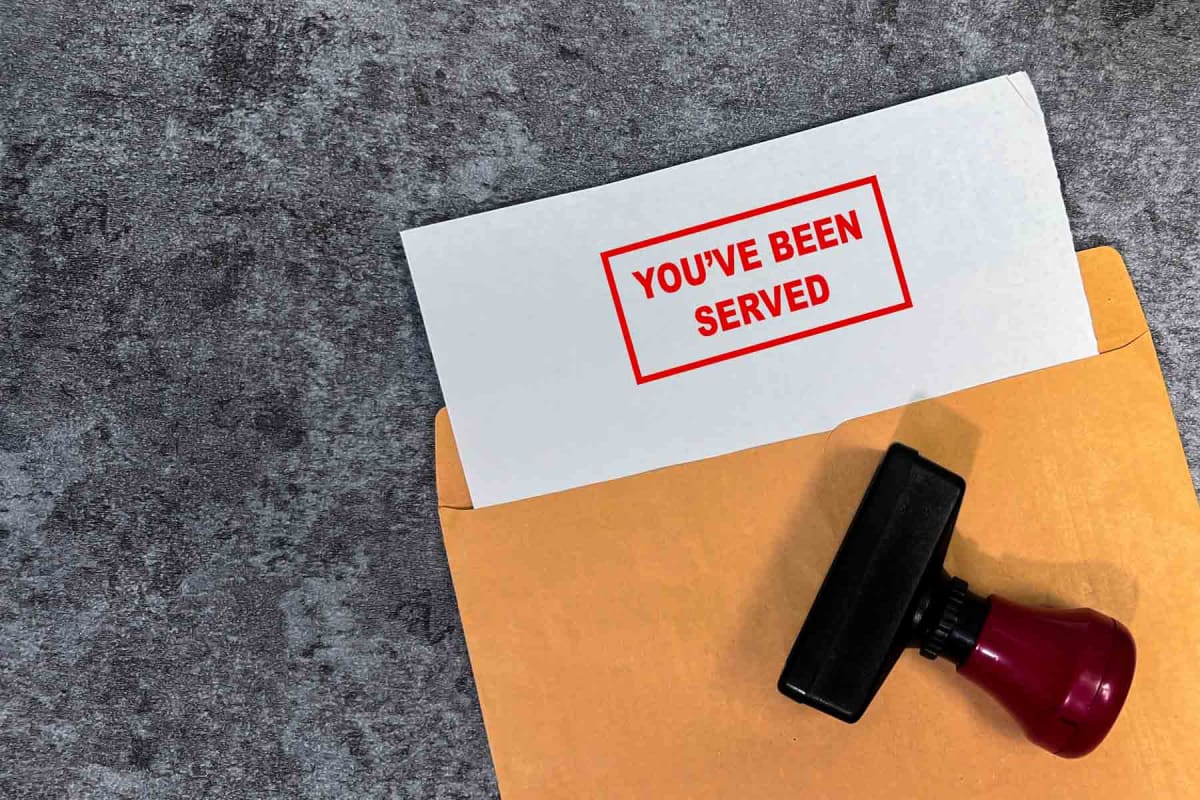
How much does a process server cost?
How much does a process server cost?
$40 – $100 average cost per job
Average cost of a process server
A process server costs $40 to $100 on average, depending on your location and how hard it is to contact the person you're serving. Process server fees vary from state to state and even county to county. If you need same-day or rush delivery, you'll pay about $25 to $50 extra.

| National Average Cost | $70 |
| Minimum Cost | $20 |
| Maximum Cost | $300 |
| Average Range | $40 to $100 |
What is a process server?
A process server gives court documents to a person summoned to court. Process servers are not just messengers who deliver documents. Serving an individual improperly can have serious consequences in court, so process servers must confirm the person's identity and follow specific protocols.
Process server cost factors
These factors may affect the overall cost of hiring a process server:
Difficulty: If the person you're trying to serve is hard to find or get in touch with, the server may charge extra. Additional attempts on top of their set amount may cost an extra $20 to $50.
Rush service: Most process servers offer rush or same-day services for an added $25 to $50 if you need someone served immediately.
Location: Different states have different fees for process servers or have no set fee at all.
Travel: If the process server needs to travel outside of their normal service area, they may charge extra for mileage and travel costs.
Notary costs: Most process servers get their proof of service notarized free of charge, while some add it to your bill. Notary services cost $1 to $15 on average.

Process server FAQs
What kind of papers does a process server deliver?
Process servers deliver many different legal documents, including:
Court summons
Official complaints
Eviction notices
Writs of garnishment
Subpoenas
Freezing orders or injunctions
Divorce petitions
What is a special process server?
A special process server is simply another name for a private process server who has professional experience. A certified process server has the added benefit of a license or certification, which most states require.
Will a process server call you?
Some process servers call before trying to serve your paperwork in order to set up an appointment. However, in most cases, process servers avoid calling because it makes the person more likely to avoid them or dodge them in person.
How late can a process server come to your home?
Most process servers will only come to your home between 6:00 am to 10:00 pm. However, there are no laws or regulations preventing them from coming earlier or later than this if they cannot contact you during normal hours.
Choosing a process server
When choosing a process server to deliver sensitive court documents, follow these steps:
Get multiple quotes to get a feel for local prices.
Read reviews on Lawful and Google.
Choose a process server company with experience and a good reputation.
Get written documentation for delivery, including any extra charges beyond the base fee.
Questions to ask process servers
Ask the following questions when looking for a professional process server:
How long have you been offering process-serving services?
What certifications or experience do you have? Are you licensed?
How many times will you try to contact this person?
Do you charge mileage or travel fees?
What are your normal rates?
How long do you think it will take to deliver the papers?
What happens if you can't get ahold of them?
What kind of documentation will you give me when you're done?
Will you cover the notary fees?